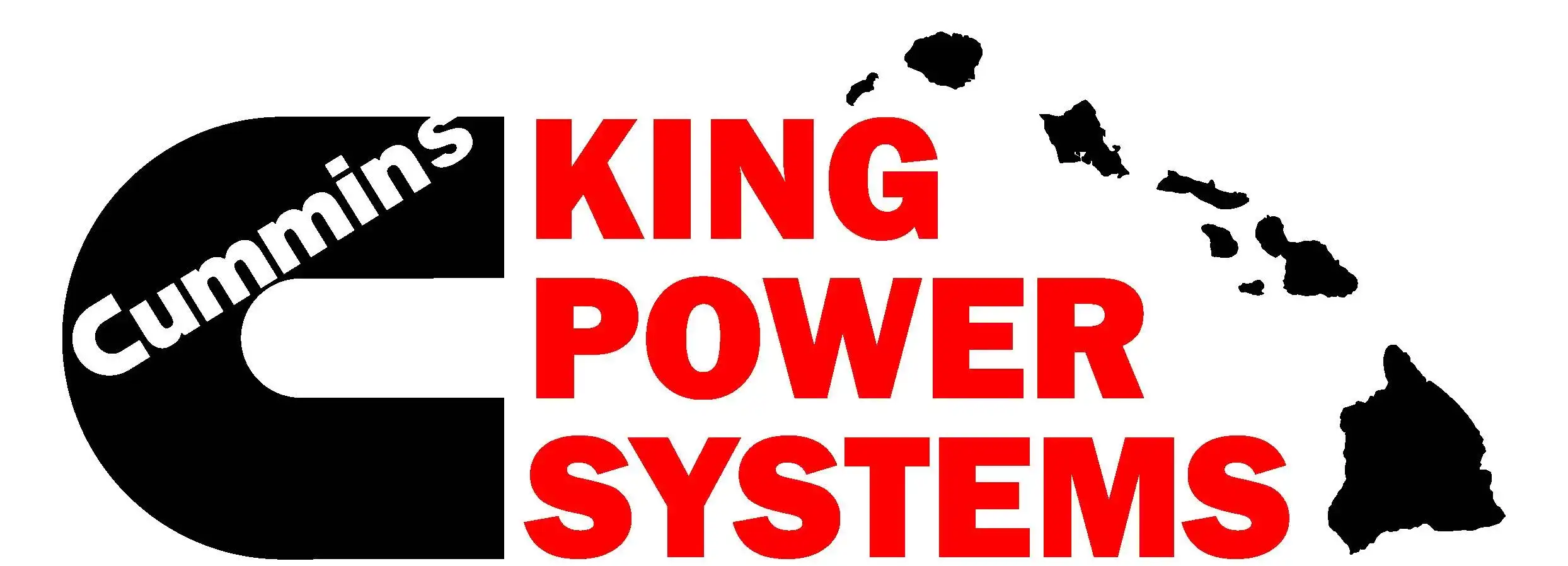Hawai‘i Supreme Court to Video Conference Oral Arguments for Maui Holdover Water Permit Case
The Hawai‘i Supreme Court will use video conferencing to conduct its May 5 oral argument. This is the first time a supreme court oral argument will be held via video conference, with the five justices and the parties’ attorneys participating from separate locations.
“During these unprecedented times, conducting oral arguments remotely helps to protect everyone’s health and safety, and live streaming provides the public with access to observe the proceeding while current courtroom restrictions are in place,” said Chief Justice Mark E Recktenwald.
The case being heard is Carmichael,et al. vs. Board of Land and Natural Resources, et al, and will begin at 10 a.m.
In 2000, the Board of Land and Natural Resources (“the BLNR”) issued four annual revocable water permits to Alexander & Baldwin, Inc. (“A&B”) and its subsidiary, East Maui Irrigation Co., Ltd. (“EMI”), giving them the right to develop, divert, and use water from four areas of the Ko olau Forest Reserve in East Maui. In 2001 and 2002, the BLNR voted to “hold over” these permits pending the resolution of a contested case concerning A&B and EMI’s application for a long-term lease of the land. Beginning in 2005, the BLNR annually voted to “continue” A&B and EMI’s permits for one additional year at a time.
After the BLNR voted to continue the permits in 2014, Healoha Carmichael, Lezley Jacintho, and N Moku Aupuni O Ko olau Hui filed a complaint for declaratory and injunctive relief, seeking to have the permits invalidated on the basis that they should not have been continued without preparation of an environmental assessment pursuant to the Hawai i Environmental Policy Act (“HEPA”), Hawai i Revised Statutes (“HRS”) Chapter 343. The plaintiffs moved for partial summary judgment, which the Circuit Court of the First Circuit (“circuit court”) granted, holding that, while continuation of the permits did not trigger the requirements of HEPA, continuous uninterrupted use of the land violated the requirements of the public lands management statute, HRS Chapter 171.
The defendants—the BLNR, the Department of Land and Natural Resources, BLNR chair Suzanne Case, A&B, EMI, Hawaiian Commercial and Sugar Co., and the Maui County Department of Water Supply—appealed the circuit court’s decision to the Intermediate Court of Appeals (“ICA”). The ICA vacated the circuit court’s order, holding that continuation of the permits was authorized under HRS § 171-55, notwithstanding limits imposed by HRS § 171-58 or HEPA, but that there were disputed factual issues that precluded a grant of summary judgment. The plaintiffs filed an application for writ of certiorari with this court, presenting the following questions for review:
1. Does HRS chapter 343 apply to BLNR’s decision to continuously renew revocable permits authorizing the daily use of public lands to divert millions of gallons of water on a holdover basis for over a decade and counting?
2. Does HRS § 171-55 allow for the renewal of revocable permits for the use of state land and water indefinitely despite the maximum term of one year prescribed by HRS § 171-58 for the disposition of water rights specifically?
3. Did the Circuit Court err by refusing to grant summary judgment to Petitioners on the grounds set forth in counts 1 and 2 of their First Amended Complaint?
4. Did the ICA err by concluding HRS § 171-55’s “notwithstanding any other law to the contrary” language nullifies (a) the maximum term of one year prescribed by HRS § 171-58 for “temporary” revocable permits and (b) HRS chapter 343 EA and environmental impact statement (EIS) requirements for “temporary” revocable permits where such interpretations conflict with well-settled case law, are unsupported by the legislative history, and run contrary to the plain meaning of the statutes?
5. Did the ICA err by refusing to rule that BLNR’s decision to renew the Revocable Permits on a holdover basis violated HRS chapter 171-55 as a matter of law due to BLNR’s failure to make findings that the permits are “temporary” and serve the “best interests of the State”?
Until the COVID-19 restrictions are relaxed, future oral arguments are expected to be held in this manner. Anyone can view the proceedings live via the Judiciary’s YouTube channel. To view: YouTube.com/hawaiicourts.











